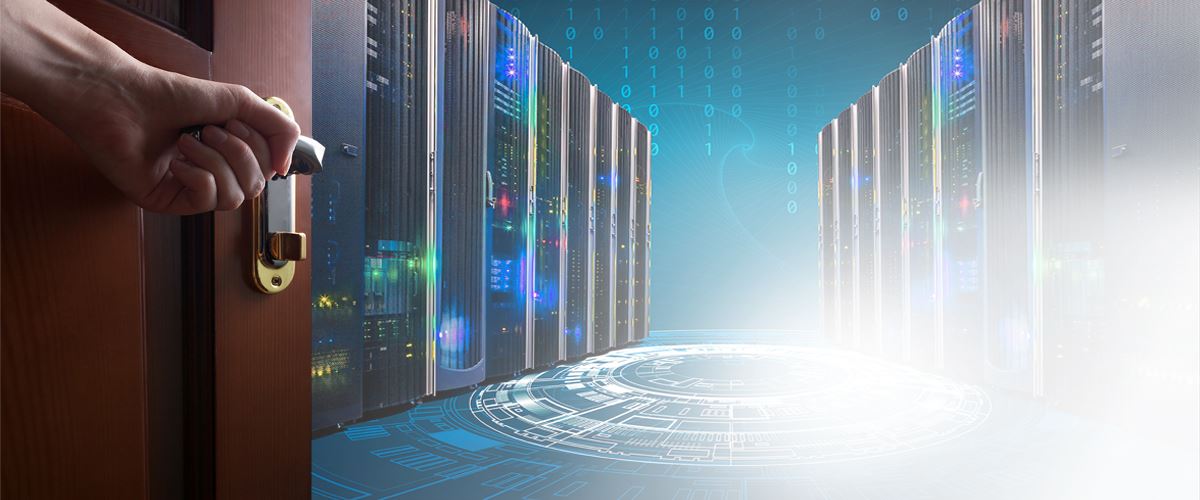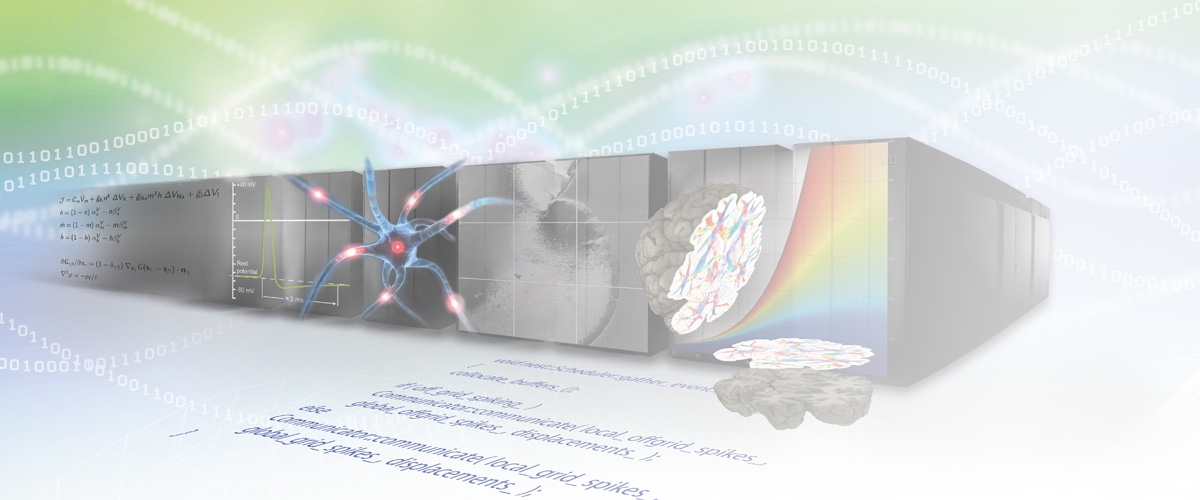Latest Releases
-
10.3.0, 10 Oct 2025
-
10.3.0, 30 Sep 2025
-
3.2.0, 24 Sep 2025
-
1.3.5, 8 Sep 2025
-
2.2.2, 4 Jul 2025
-
3.5.0, 4 Jun 2025
A European Federation Software Suite
UNICORE (UNiform Interface to COmputing REsources) provides tools and services for building federated systems, making high-performance computing systems and high-capacity storage systems accessible in a seamless and secure way for a wide variety of applications in intranets and the internet.
UNICORE offers easy to use and flexible RESTful APIs for batch job management, data access, data movement and computational workflows. UNICORE integrates seamlessly into existing HPC infrastructures, and provides many options for user management and account mapping.
Latest news
4 Jun 2025
UNICORE 10.2.0 and UCC 10.2.0 released
Version 10.2.0 of the UNICORE Core Servers and Version 10.2.0 of the UCC are available for download from GitHub.
The servers feature an updated support for S3 storages, specifically the ability to stage data to and from S3 storages such as Amazon S3 or MinIO, as well as minor bug fixes and improvements.
18 Mar 2025
UNICORE 10.1.3 and UCC 10.1.3 released
Version 10.1.3 of the UNICORE Core Servers and Version 10.1.3 of the UCC are available for download from GitHub.
These are maintenance releases with a few bug fixes and small improvements, as well as updates of third party dependencies.
15 Aug 2024
UCC 10.1.0 is available
Version 10.1.0 of the UNICORE Commandline Client is available for download from GitHub.
This release improves the OIDC/OAuth based authentication when using the OIDC-Agent tool or in
direct interaction with an OAuth server such as Keycloak.
What’s new
- new feature: allow to read auth token from file; allow to set token-type to something else than “Bearer”
- ‘rest’: add ‘-i’ option for printing the response headers
- ‘run’: print job status message in case of job failure
- ‘run’: new option “-J”, “–multi-threaded”, for launching and monitoring multiple jobs in parallel
- improvement: oidc-agent authentication: add refreshInterval config parameter
- fix: oidc-agent authentication: add missing dependency
- fix: oidc-agent authentication: don’t fail on missing refresh_token
- fix: oidc-server authentication: allow to configure “oidc.scope” parameter, which defaults to “openid”
- update to UNICORE 10.1.0. base libraries
Archive
10 reasons to use UNICORE
UNICORE comes with a history of more than 25 years. Originally initiated in the Supercomputing domain, today UNICORE is a general-purpose federation software suite. Based on open standards and technologies such as HTTPS, REST and JSON, it offers a rich set of features to its users. It allows resource providers a secure way of integrating HPC compute and data resources into new applications, solving the associated problems such as user authentication, user mapping and access control.
- Mature, well-proven federation software suite from Europe
- Integrated solution for federations of HPC systems as well as Clusters and storage systems
- Fast and competent support directly from the developers
- Easy to install and configure clients and services
- Powerful command line client and Python API bindings
- Application integration mechanisms on the client, services and resource level
- Mature workflow support
- High throughput data transfer
- Source code is available and easy to modify
- Easily extensible
UNICORE is widely used in European and international projects, initiatives, and infrastructures such as the Human Brain Project (HBP), the US Extreme Science and Engineering Discovery Environment (XSEDE) and the Polish Grid Infrastructure (PL-Grid). Companies use UNICORE for automation and speed-up of modeling tasks, e.g. Nanomatch GmbH.UNICORE offers an abstraction layer for compute and storage resources. It can easily be configured to interface a variety of systems from high-end supercomputers to commodity clusters or single workstations.Our committed team of developers guarantees for stable software. We are closely watching all support channels such as mailing lists and bug trackers to provide timely answers and fixes.All components of UNICORE, clients and services, are available as installation packages or archive files. The configuration files are clearly structured and come with sensible defaults. A test installation for quick evaluation can be up and running in minutes.Seamless access to the compute and storage resources is provided by an command line client, that lets the user run tasks from simple jobs to sophisticated workflows, including the necessary input and output data, and easily monitor job execution and output retrieval. Programmers and application developers can use our Python library 'pyunicore' that makes using the RESTful APIs even easier, and which is conveniently available from the Python Package index (PyPI).UNICORE is capable of supporting applications installed on the target systems. A description of the application with execution path on the target system, important parameter settings, and call parameters can be configured in the UNICORE execution service. On the client side such an applications can seamlessly be used in tasks by just specifying the necessary parameters.The sophisticated UNICORE workflow support allows users to model workflows and manage input and output data, supported by powerful control structures.The UNICORE file transfer (UFTP) service uses parallel input/output streams and dynamic firewall port opening based on FTP-compliant protocols. It offers optional data encryption, data compression, partial reads/writes to a file, and much more.UNICORE is completely written in Java and Python and is open source. The sources are available on GitHub.Developers are welcome to join the UNICORE developer community and contribute their ideas. UNICORE is used in e-infrastructures of any nature and without limitations on the type of computing resource. Single PCs, cluster systems to leadership HPC systems are supported, and data from a variety of storage types can be handled, including high-performance file transfer and metadata handling. UNICORE‘s flexible security architecture enables many usage scenarios and can be easily adapted to your requirements.




